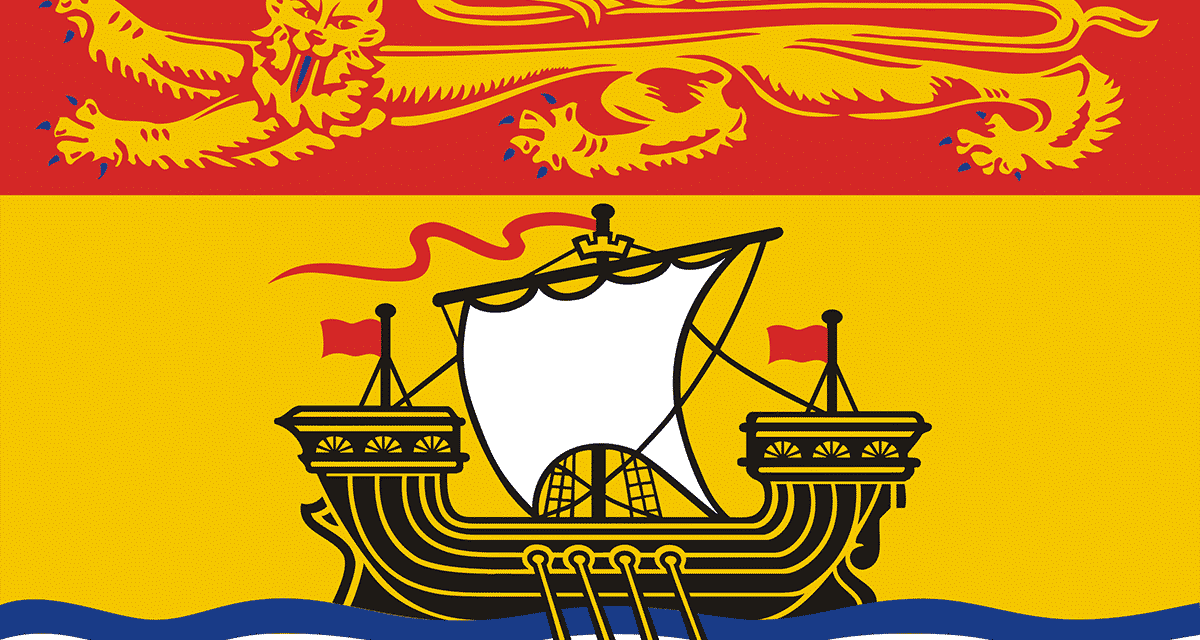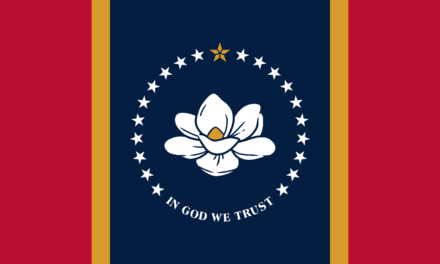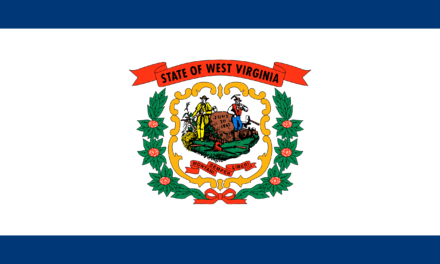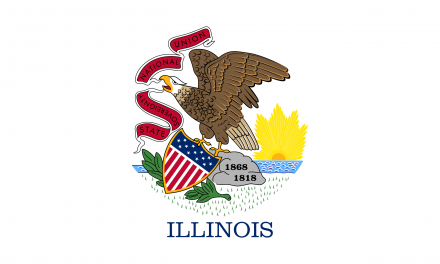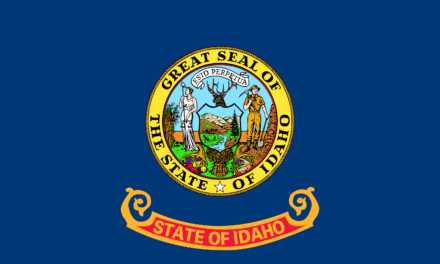If you’ve been thinking about starting life anew in one of the most peaceful provinces in the world, then New Brunswick is definitely an option well worth considering.
As opposed to the hustle and bustle environments of neighboring cities, this quaint province provides the best scenic views, neighborhoods, and wide roads. For motorcycle riders, this destination is a viable area to settle down because of the open routes and lack of traffic that gives the region its distinct, peaceful touch.
While it may be clear that New Brunswick is a rider’s haven, there’s one more aspect that we need to get out of the way: Getting your license.
The stringency of getting a motorcycle license in New Brunswick
Although this quaint and peaceful Canadian province may have some of the best roads and routes all over the country, the stark truth about this region is that its motorcyclists are the most vulnerable road users.
In comparison with other groups of road users in New Brunswick, motorcyclists rank atop the leaderboard in terms of deaths from traffic road accidents. This has gotten so problematic to the point where the number of motorcyclists killed in road accidents is seven times higher than that of other road users.
Given the current conditions of road safety for motorcyclists, the region’s government and road safety officials have made the process of getting a motorcycle license more stringent.
How you can get a motorcycle license
The latest iteration of the motorcycle program is the city’s efforts to minimize road accidents: it’s a 12-month program that features a series of phases with a thin margin for error. With its stringency, the program aims to reduce the number of motorcycles on the region’s roads while ensuring the compliance of specified regulations by all individuals seeking to operate their motorcycles.
If you want to operate your two-wheeler on New Brunswick roads legally, here’s a step-by-step overview as your reference:
Step #1: Obtain your learner’s permit
Getting a motorcycle license in New Brunswick starts off by procuring a learner’s permit. Usually, the qualifying characteristics to get this document include:
- A proof of residence in the region and supporting documents that show you’re at least sixteen years old
- An additional letter of consent from your parent or guardian if you’re below eighteen
- A fixed set of fees from the local department (which contain instructor’s fees, processing fees, and license development once the road tests are completed, and the necessary certifications are administered)
Step #2: Get your training
After getting your learner’s permit, the next step in the process is to seek the necessary training to make sure that you don’t approach the written and road tests without crucial knowledge. In a standard training course, expect to learn more about how you can operate a motorcycle, what’s covered in the written test, and different defense and riding maneuvers.
Step #3: Take your tests
Once you’ve got the necessary training, the only barriers between you and your motorcycle license are the written and road tests administered by the department of motor vehicles.
Concerning the written test, all the questions are taken from the New Brunswick motorcycle handbook are based on the interpretation of major road signs and common road rules. On the other hand, the motorcycle road test seeks to examine an applicant’s skills by analyzing various aspects of safe and responsible operation.
Conclusion
When it comes to enjoying the freedom of the open road with a motorcycle in New Brunswick, it’s vital to ensure that you have the necessary licensing on you before all else. By going through this guide and following the listed steps one-by-one, you’ll be able to successfully get your license and start riding in no time!
If you’re looking for guides on the best beginner motorcycles for 2020 or motorcycle license application processes in Canada and the US, we’ve got you covered. Feel free to check out our blog today for more!
